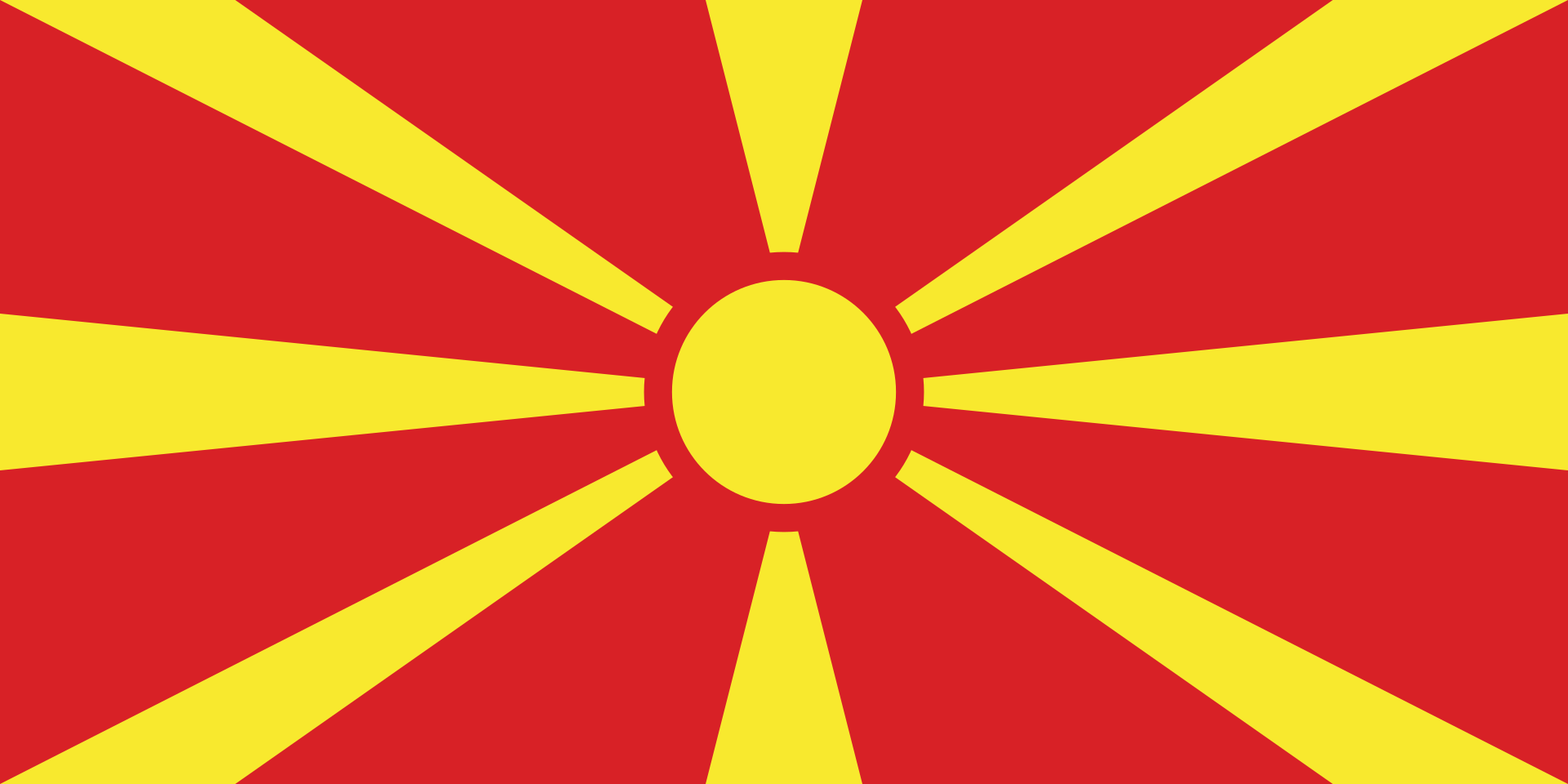
North Macedonia - 65.07
58
Bullied for its name and rejected from the EU for ghosting Bulgaria
North Macedonia has faced an unprecedented level of resistance to entering the European Union. Greece originally raised opposition to the country’s name, when it was Macedonia because the Greek government was worried that it would be confused with the Greek state of the same name. Bulgaria, a country that ostensibly has good relations with North Macedonia, took issue with the Macedonian language, which it views as identical to Bulgarian. Bulgaria took particular issue with wording that stated that the Macedonian language was not the same as the Bulgarian language. North Macedonia is relatively unexceptional in most other regards, facing many problems of the region. North Macedonia struggles particularly with corruption, a problem not unique in the Balkans. Much like another sensitive issue in the Balkans, North Macedonia is more similar to its neighbors than many would like to admit.
Human Rights - 74
North Macedonia has fully abolished the death penalty. Sporadic reports of torture by the Macedonian government arise. In 2021, only two were investigated and all others were rejected as being unfounded or lacking evidence. Police brutality against Roma was common and went generally unpunished. Prolonged pretrial detention due to court backlogs remains a problem. North Macedonia is alleged to have a widespread surveillance network. Many government dissenters allege having their homes and businesses wiretapped by the government. Trans Macedonians cannot serve openly. Same-sex marriage is not recognized and same-sex couples cannot jointly adopt. Abortion is legal to twelve weeks but parental authorization is required when applicable.
Democracy - 71
The president is directly elected and the prime minister is chosen by the assembly. The assembly is chosen through proportional representation. Elections were generally free and fair but some irregularities were noted. Some cases of vote buying or voter intimidation were reported and election results and vote-counting methods are somewhat opaque. Several inaccuracies of voter rolls were also noted and electoral laws often changed slightly shortly before elections. The 2018 Prepsa Referendum was also controversial, as voter turnout was only 37% but 90% voted in favor. Many Macedonians allegedly boycotted the referendum after being urged to do so by a social media campaign accused of being a Russian psyop. North Macedonia’s 2-party system is waning in influence, as the far-left Levica party and several ethnic Albanian parties gained seats in the assembly for the first time. Vote boycotts in the assembly by the minority are common. Roma are disenfranchised but North Macedonia has a comparatively strong integration of Albanian, Turkish, Bosniak, and Serbian minority groups.
Freedom - 67
Almost all private media in North Macedonia has party affiliations and there is very little truly independent media in the country. North Macedonia allegedly has a widespread surveillance network and many government dissenters allege that their homes or businesses were wiretapped by the government. It is difficult for Muslims, especially Roma Muslims, to build mosques. North Macedonia has loose drug laws. Drug possession for personal use is not a crime but possession of larger amounts is punishable by fines. Production and sale are both punishable by jail time. Bolt-action rifles, revolvers, and shotguns are all legal under permit. Proof of threat to life is required for self-defense permits, and as a result, they are seldom issued.
Economy - 64
Health - 69
North Macedonia has a life expectancy of 76 years and an infant mortality rate of 0.53%. 22.4% of Macedonians are obese and 3.2% are malnourished. North Macedonia’s universal healthcare system is relatively strong and provides free care to all Macedonians. 94.8% of Macedonians have access to clean, running water and 48.4% smoke regularly.
Corruption - 24
Judicial verdicts are bought and sold at all but the highest levels in North Macedonia. Police extortion is common. Public services must be bribed into action. Deeds and construction permits are impossible to obtain without bribery. Deeds and construction permits are near impossible to obtain without corruption.
Competency - 45
The government is failing to protect and provide for Roma. The government is failing to control corruption, which remains rampant throughout the country. The government is also failing to shake the influence of outside powers, as North Macedonia has been the subject of a good amount of bullying from the EU and Russia.
Future - 70
North Macedonia moves ever closer to accession into the European Union, with Bulgaria now the only country opposed to North Macedonia’s accession.
Actions Abroad - 70
Macedonia is generally isolationist, but has faced diplomatic bullying from the likes of Bulgaria and Greece.
4.4% of Macedonians live under the international poverty line and 21.9% live below the national poverty line. 18.4% of Macedonians are unemployed. Macedonia has a very low economic disparity. North Macedonia has a minimum wage of $318 per month. North Macedonia has a strong universal healthcare system, providing free care to all Macedonians. Healthcare is of generally high quality throughout the country but most wealthy Macedonians still pay for private insurance. The Macedonian economy shrunk 4.5% in 2020 and grew 4.2% in 2019.
